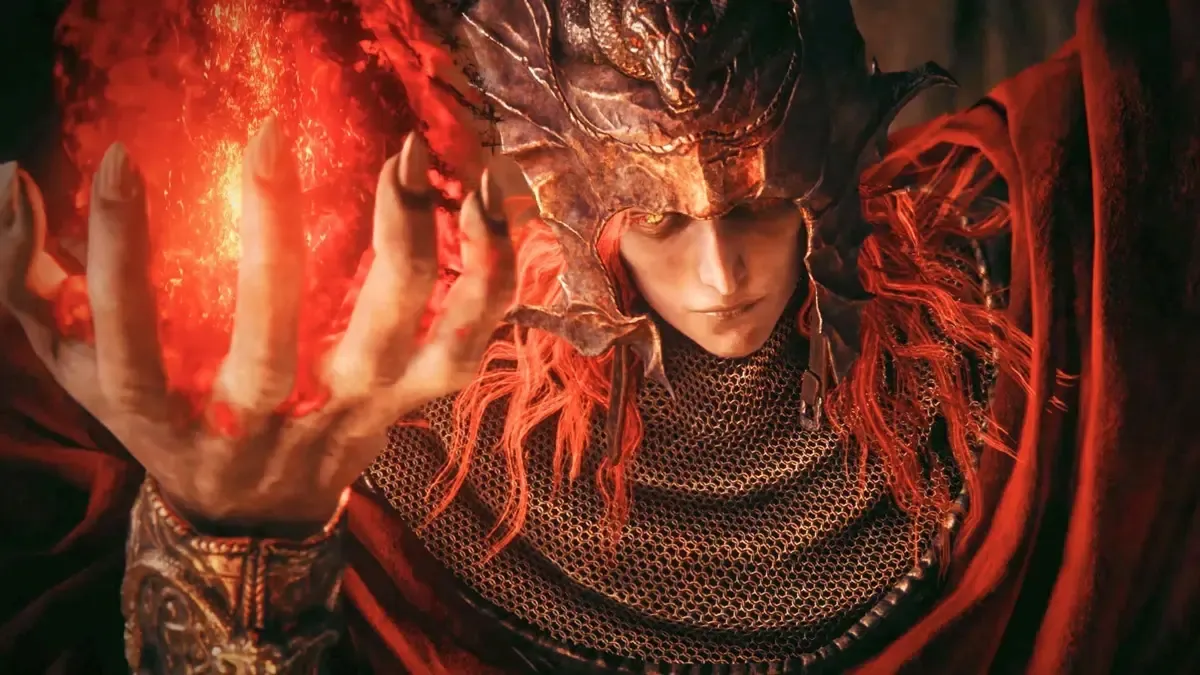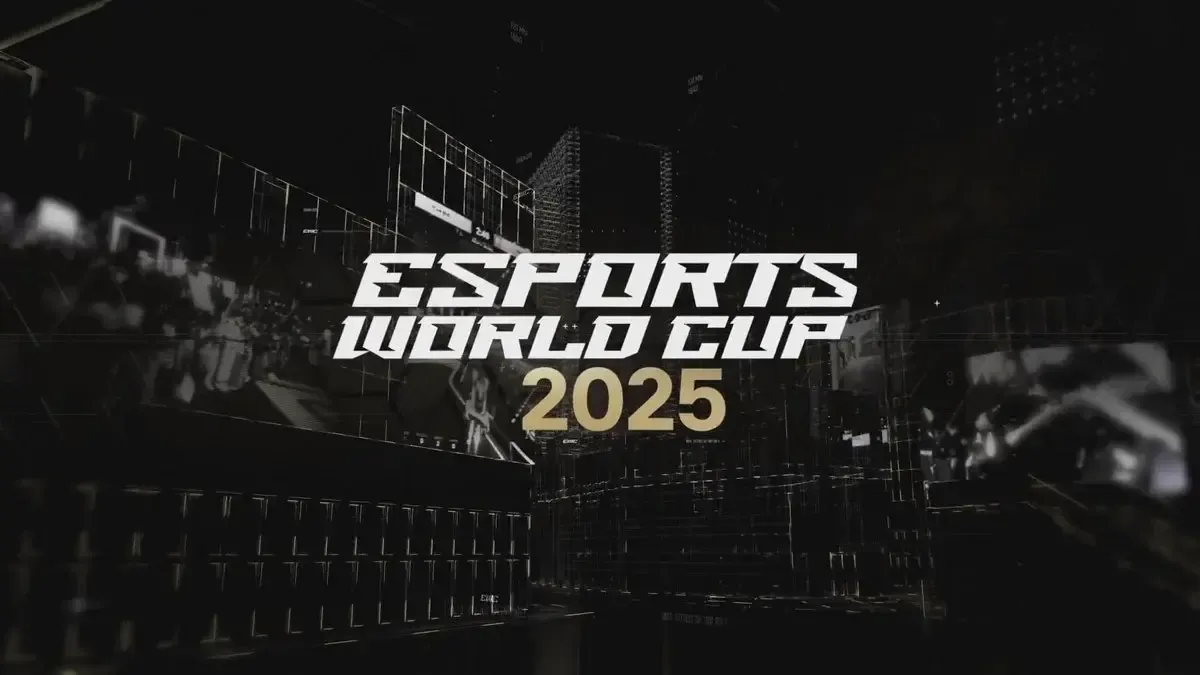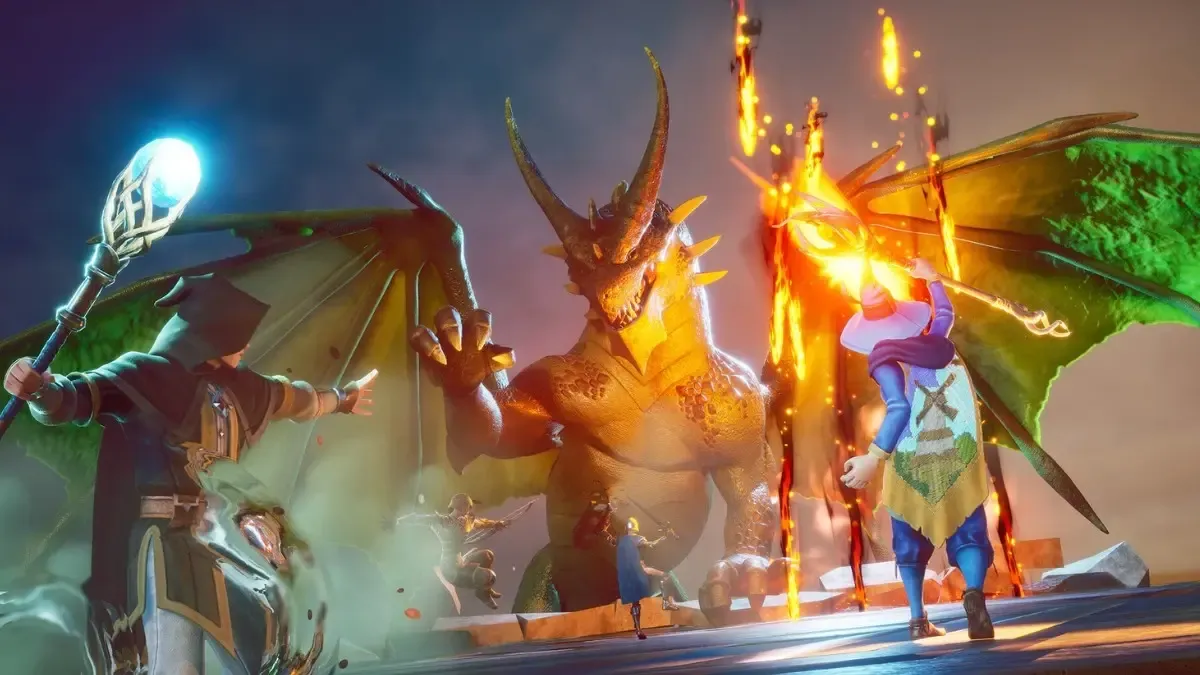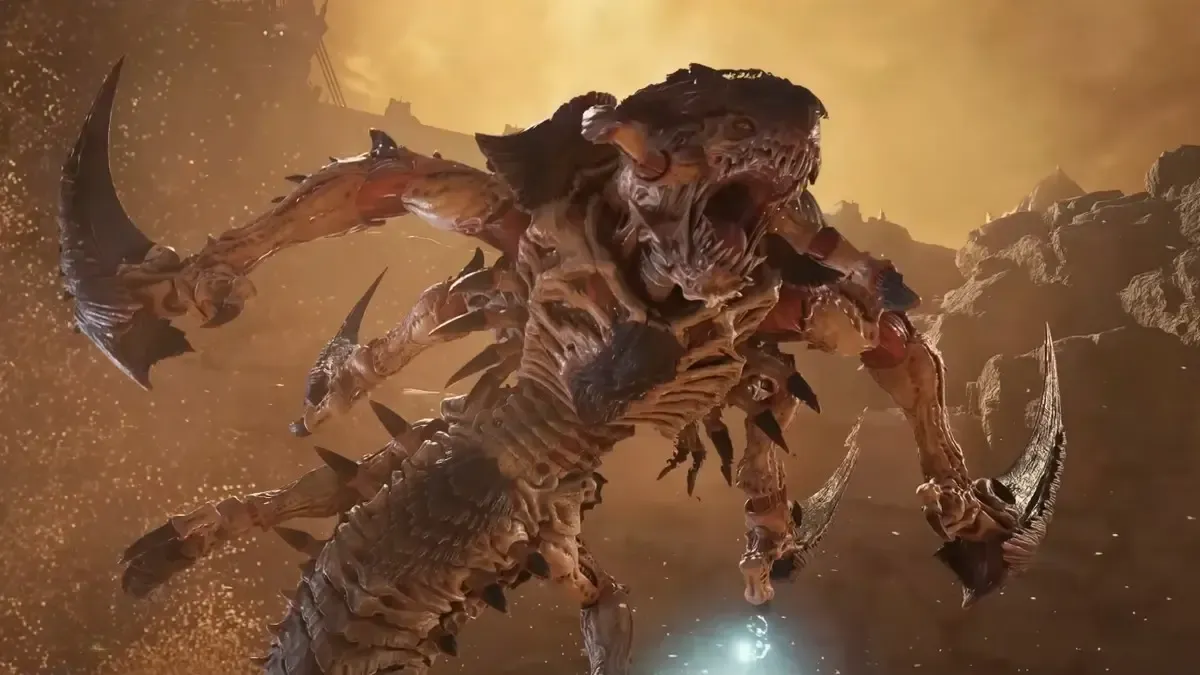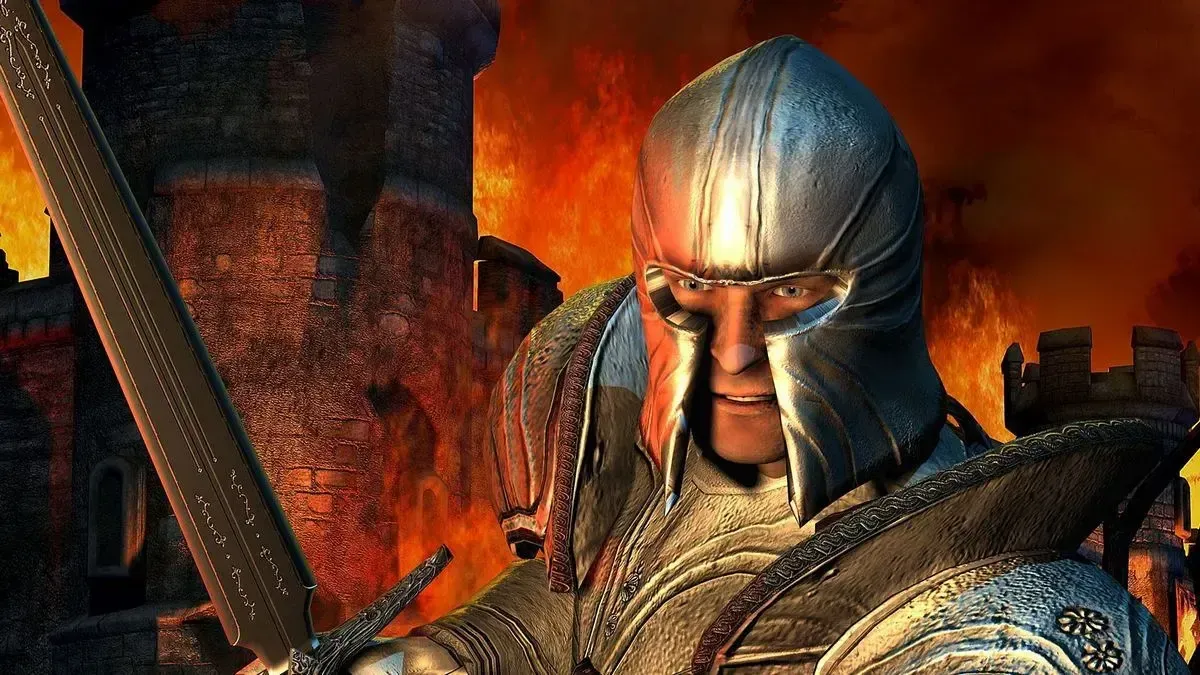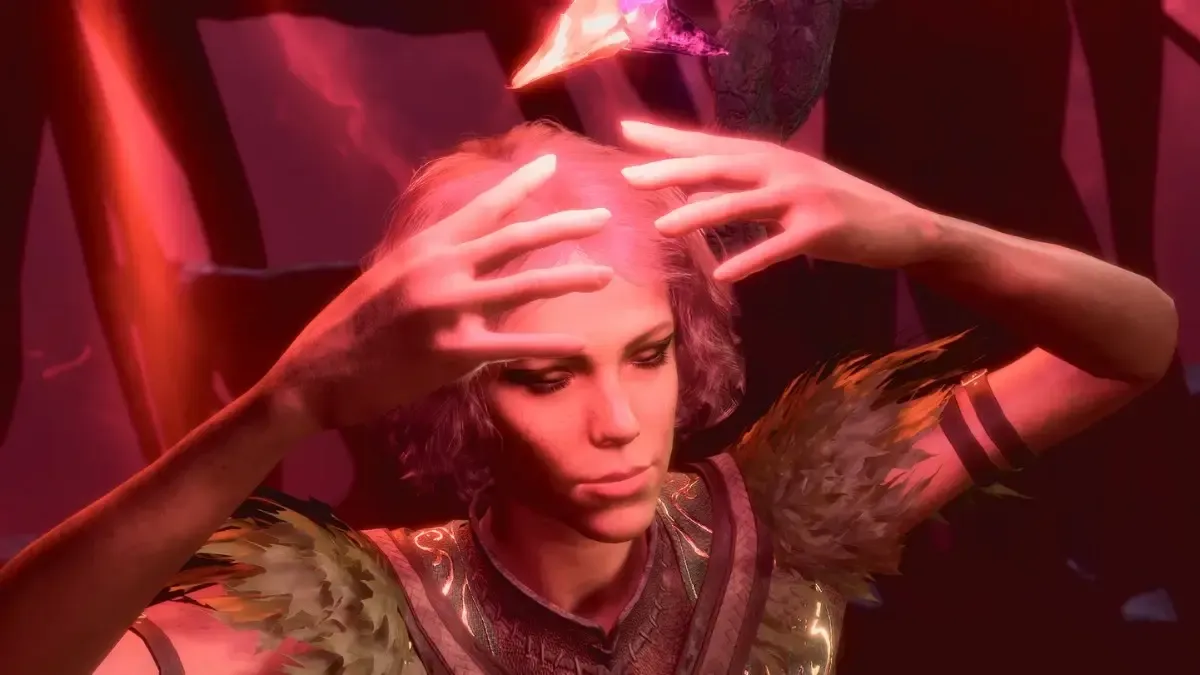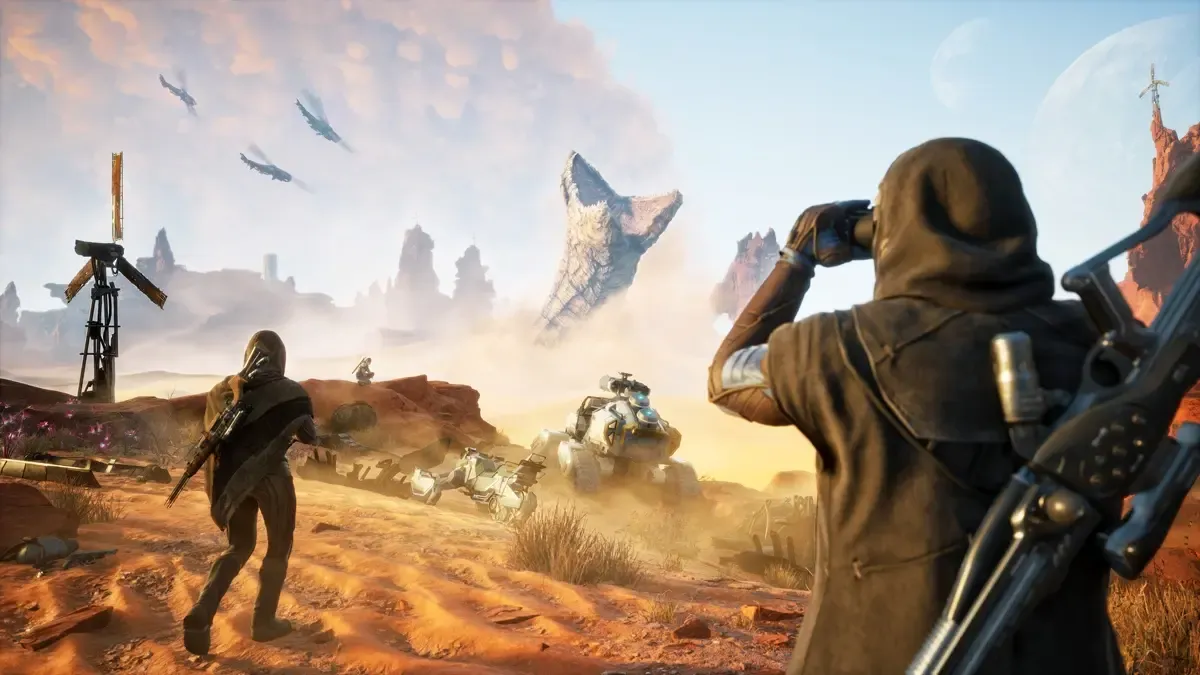Image: Konami
The Game Awards 2024 nominations have landed, but not all of them make sense.
The Game Awards’ full list of 2024 nominations have officially landed, giving us a closer look at the games, teams, and individuals deemed worthy of recognition by its voting jury.
As is the case with all awards shows, for every noteworthy inclusion in this long list of nominations, there seems to be an equally noteworthy exclusion. Astro Bot and Metaphor: ReFantazio for example, have been nominated for Game of the Year and justifiably so, considering their quality – but Elden Ring: Shadow of the Erdtree seems to have snuck in there despite the fact that it’s a paid expansion.
Shadow of the Erdtree’s Game of the Year nomination is far from the only interesting thing about this year’s The Game Awards nominations however, so let’s give them a closer look.
The biggest GOTY snubs

Image: Nintendo
The Game Awards’ Game of the Year (GOTY) category is highly-contested year after year, and 2024 is no exception. With the list of nominated games being limited to a mere six titles, plenty of games didn’t have a chance to vie for the coveted GOTY trophy – but there are a few massive snubs we can’t help but puzzle at this year.
For one thing, these nominations are noticeably Nintendo-less, a microcosm of the company’s less-than-stellar year of releases. Its most notable 2024 exclusives include the likes of Princess Peach: Showtime!, Super Mario Party Jamboree, and The Legend of Zelda: Echoes of Wisdom, none of which were nominated for the big GOTY award. This is likely a temporary whiff for Nintendo however, as it ramps up to the release of its big Nintendo Switch successor next year, which is sure to be accompanied by a bevy of big new hits.
There were a few other big games released this year that didn’t score a GOTY nomination, their publisher notwithstanding. Senua’s Saga: Hellblade 2 was a dazzling and emotionally fraught blockbuster nominated in four categories this year except for GOTY, much like its predecessor. Dragon Age: The Veilguard was an epic, if flawed, adventure that returned to BioWare’s heyday of making large-scale RPGs, but it secured just one nomination this year for Innovation in Accessibility.
Games like Dragon’s Dogma 2, Like a Dragon: Infinite Wealth, Palworld, Animal Well, Helldivers 2, Warhammer 40,000: Space Marine 2, Tekken 8, and Stellar Blade also made a splash this year and were nominated in different categories (except Palworld, which got zero nods), but didn’t make the cut for GOTY.
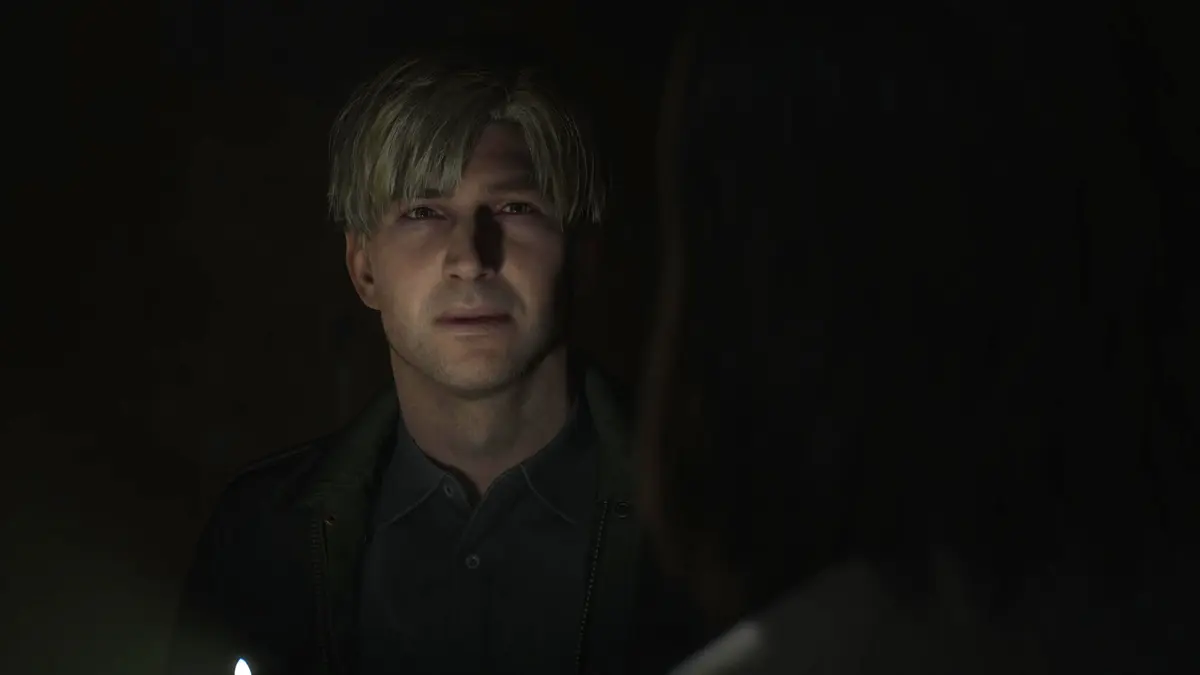
Image: Konami
In this writer’s opinion however, the biggest snub here couldn’t be more obvious: Konami and Bloober Team’s Silent Hill 2. This remake of a seminal 2001 survival horror classic was looked upon with derision and cynicism in the years leading up to its release, as fans and critics alike remained uncertain of its developer’s ability to replicate the melancholy atmosphere and spine-tingling scares that made the original game so beloved. Regardless of its circumstances, the game has proven to be a shockingly great remake, featuring fantastic performances from its main cast, a deeply immersive take on the original game’s environments and an organic expansion of James Sunderland's story.
Perhaps it’s the fact that there was so much discourse surrounding Silent Hill 2 leading up to and during launch, that makes its omission from the Game of the Year nominees list so surprising. One could argue that if certain titles were left out of the list, Silent Hill 2 might have been a shoe-in – but this could be a simple case of horror titles once again not getting the appreciation they deserve on the main stage.
The Elden Ring of it all

Image: FromSoftware
Let’s discuss the elephant in the room: Elden Ring: Shadow of the Erdtree, the outlier of the six nominated Game of the Year contenders. FromSoftware’s beloved open-world game Elden Ring received a massive expansion this year – one that is arguably the size of a full game, yes, but still requires the purchase of an actual game to play. You can’t simply jump into Shadow of the Erdtree, either. You have to get through a few of the game’s bosses before accessing an area that leads to the expansion’s main content.
Shadow of the Ertree’s nomination has been the subject of discourse and derision since its announcement, as fans are quick to point out that the category is ‘Game of the Year’, and not ‘Game of the Year, Plus a Few Expansions Too’. It doesn’t help that a situation like this is unprecedented for The Game Awards; in its 10-year history, no DLC or expansion has been nominated in the GOTY category. Elden Ring has also won this category before – leading to a situation where the same game might win the GOTY trophy twice in three years.
Most importantly, Shadow of the Erdtree’s inclusion has led to the inadvertent exclusion of several notable releases this year. Games like Warhammer 40,000 Space Marine 2, Silent Hill 2, and Tekken 8 might have made it into contention, if not for the Elden Ring expansion taking up a slot. The Game Awards has always played things a little fast and loose with its categories, so a situation like this was inevitable. Only public outcry and discourse can hope to change the ruleset for future iterations of the show.
This also begs the question: why isn’t there a ‘Best DLC or Expansion’ category? There’s plenty of work being done to ensure that players get new content for older games year after year, and Shadow of the Erdtree might have been a better fit there.
Highly-contested categories
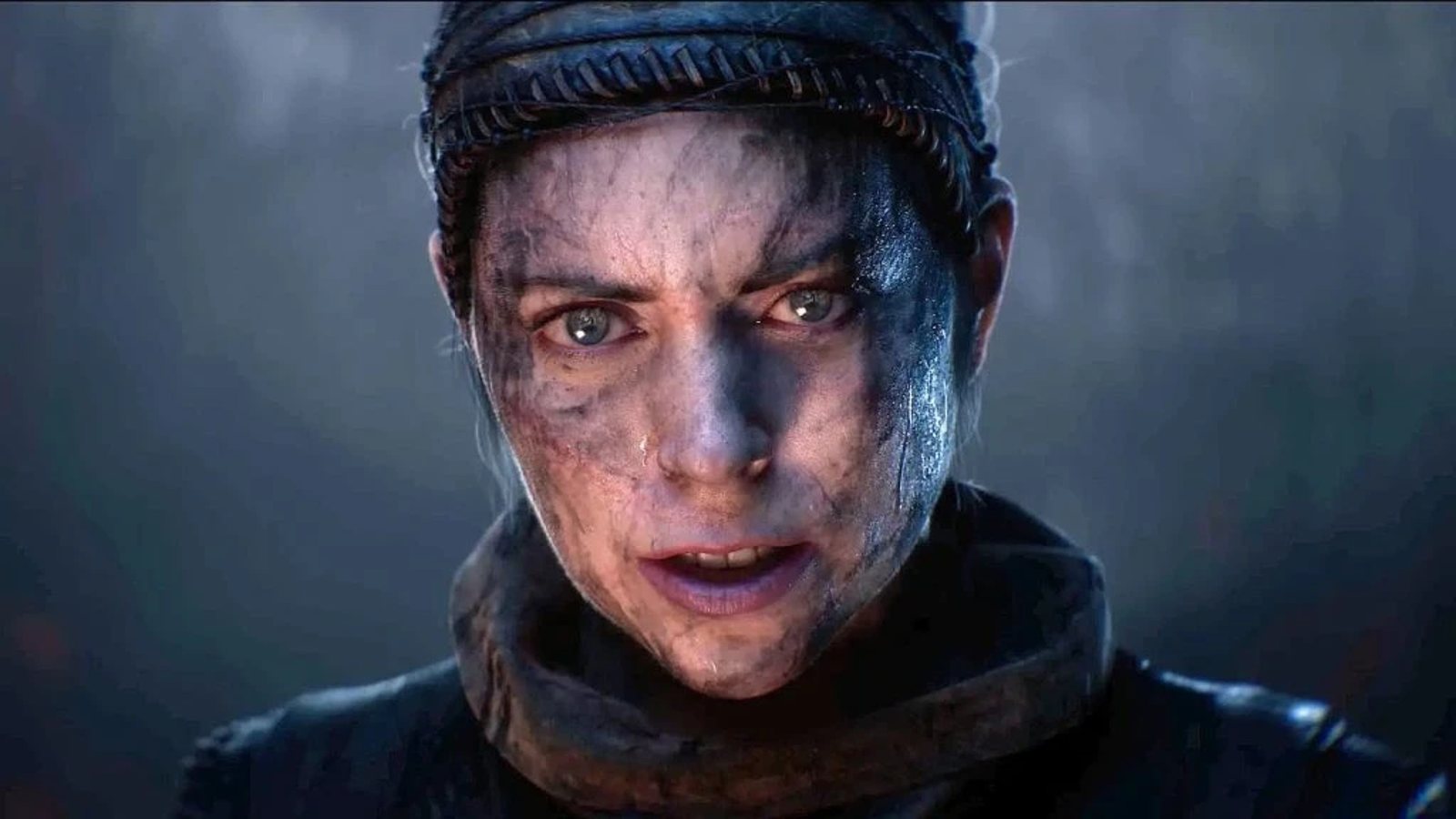
Image: Xbox Game Studios
The rest of The Game Awards’ categories are no less interesting to pick apart. For example: Arcane Season 2 was nominated for Best Adaptation, despite the fact that these nominations were revealed while the show was still in the midst of airing Act 2. The ‘Game of the Year’ and ‘Best Game Direction’ nominees are exactly alike this year as well, proving that there is little distinction in the way both categories are perceived and defined.
This year’s Best Performance category is also fairly competitive, and a little more genre-diverse than expected. Briana White’s nomination as Aerith from Final Fantasy 7 Rebirth marks the first time that a cast member from the remake trilogy has been nominated. Humberly Gonzalez and Hannah Telle’s performances as Kay Vess from Star Wars Outlaws and Max Caulfield from Life is Strange: Double Exposure were also given unexpected recognition, making them the underdogs of the competition.
The true showstopper performances here are, in this author’s opinion, Luke Roberts as Silent Hill 2’s James Sunderland and Melina Juergens as Senua’s Saga: Hellblade 2’s Senua. Both actors grounded some incredibly heavy story material with stellar performances in their respective games, keeping the player engaged with their protagonists' grim journeys.
Interestingly, Baldur’s Gate 3 has been nominated again for Best Community Support thanks to its long chain of free updates patching up the RPG. It’s the only non-multiplayer game in the category this year. Helldivers 2 was also nominated in the same category, despite a few of its updates proving to be quite divisive. It should also be noted that Zenless Zone Zero was HoYoverse’s only game to be nominated at The Game Awards this year, as opposed to its three nominations last year for Genshin Impact and Honkai: Star Rail.
It’s going to be an interesting show

Image: The Game Awards
This year’s iteration of The Game Awards is shaping up to be a little more controversial than usual, which might just make it a much more interesting viewing experience in general. Will host Geoff Keighley touch on the fact that one of the show’s nominated GOTY titles isn’t a full-fledged videogame (I think not)? Will we see Balatro pull a surprise indie sweep out from under the feet of its AAA competitors? What out-of-left-field game announcement can we expect to close out the show?
We’ll just have to wait and see. The Game Awards will air live from the Peacock Theater in Los Angeles, America on December 12, 2024. If you're wondering how to tune into the show or vote for the nominated titles, check out our guide here.

